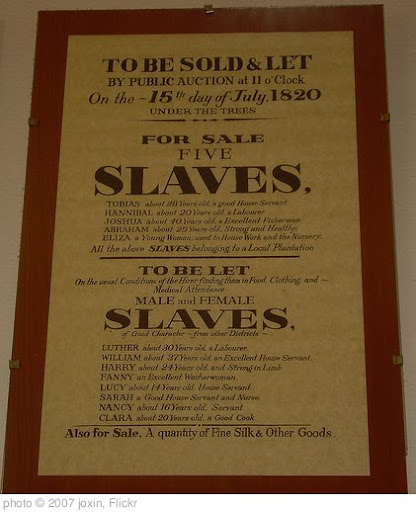Today, I came upon a document that read this way:  ”
”
I hearby make the following Bill of Sale to John M. Norvell for the purchase of my slave Richard at the price of $2200, the receipt which is hereby acknowledged . . . with the further condition that the said Norvell binds himself that the sd. Richard shall never come up on the land of the ___ Estates, or be employed upon any boat that trades upon the canal through the said Estates and that he will stipulate for the same with any person to whom he may sell him in the vicinity. Witness our hands and seals this 1st Aug. 1863.
This small document contains such import – so much to say about the man who sold Richard and the man Richard himself. It speaks of the fact that the owner would sell slaves, something that legend seems to deny, but it also speaks of a man who did something so heinous – at least in the eyes of the owner – that he never wanted him to even pass by these farms again.
This is the kind of story that gets my blood racing and makes me want to spend the next twelve hours digging through papers. I want to know Richard’s story, and I want to understand the reasons that his owner would sell him away from his family. For you see, Richard was the a third generation slave here; his grandfather Ben is buried up the road from where I now sit. What makes a man banish another man? I can only, at this point, speculate.
But I am eager to find some answers to my speculation. Was this about a crime – some abuse, some theft? Or was this about politics – a slave taught to read and write and then led to speak against the institution in this year of President Lincoln’s great Proclamation?
Days like today I am so excited to be doing my work, to be so engrossed that it is after 1pm before I even realize it. This news is hard to read, this document tragic on so many levels, and yet, it is a story. One I have the true privilege to find and tell.
Other Posts About the Slaves on these Estates
Primus Randall
Lucy Nicholas
Malvina
Keziah
Pleasant
